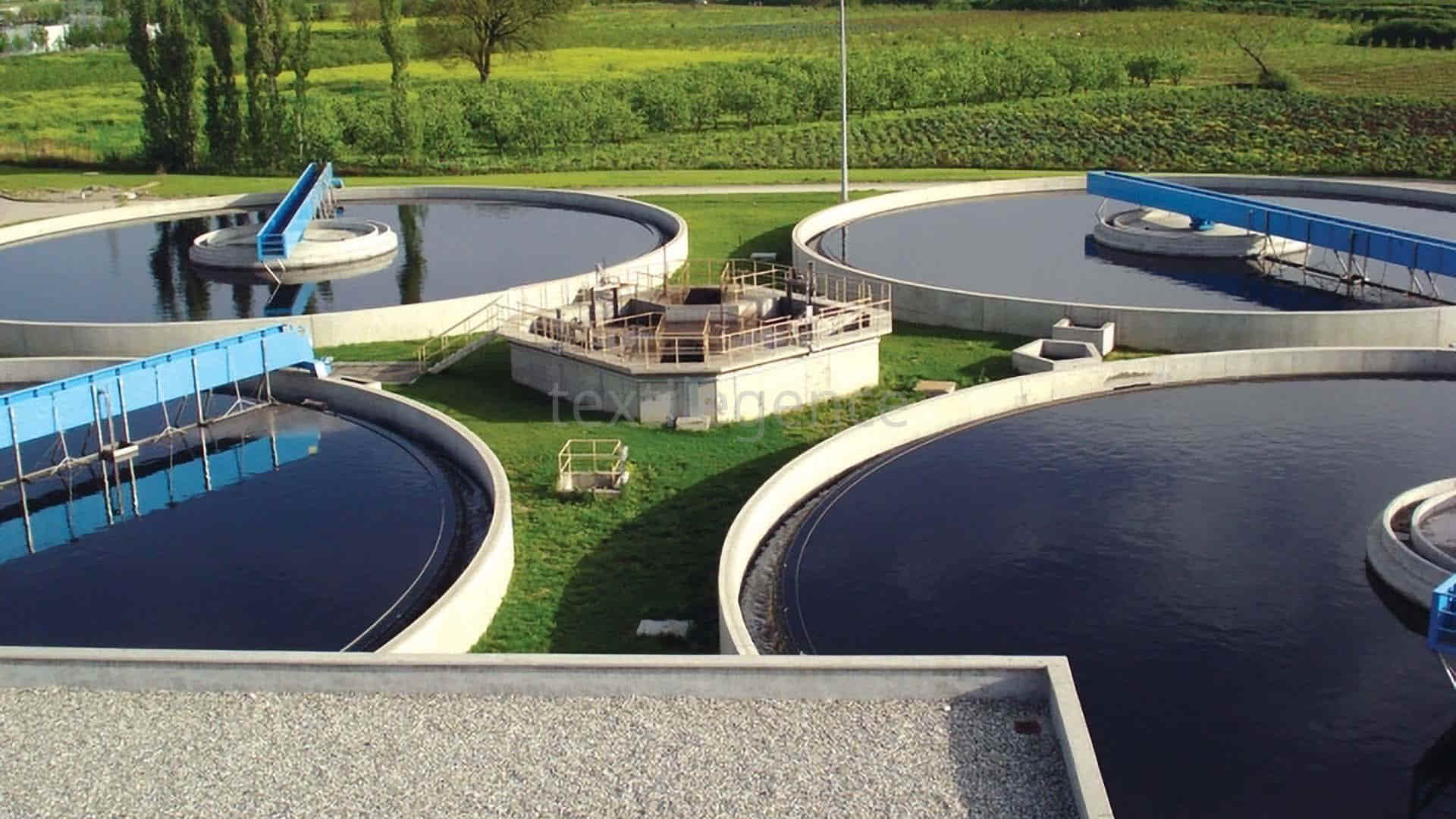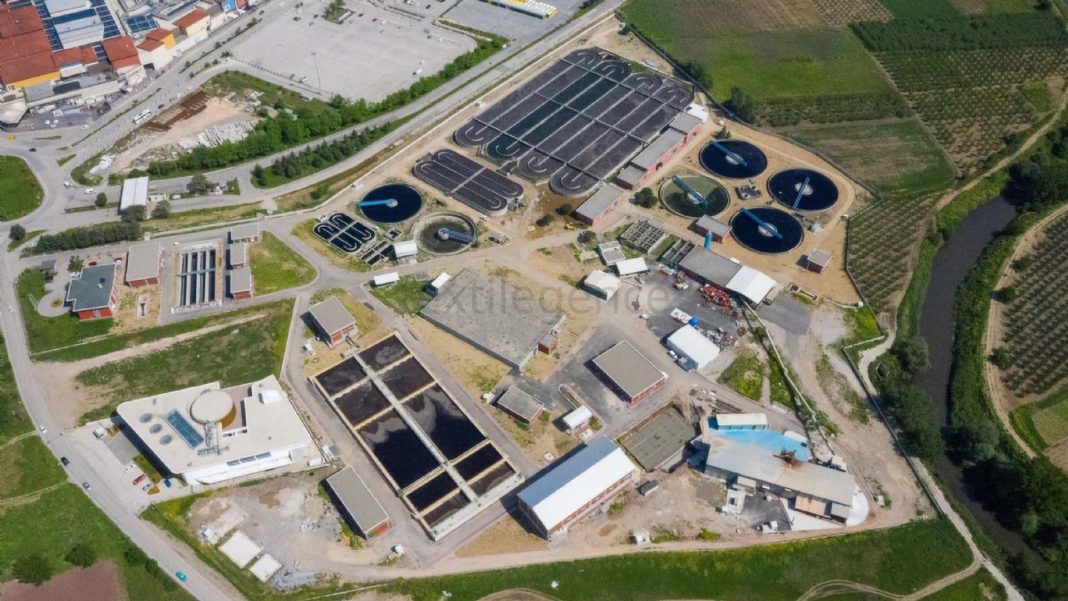The 4 million cubic meters of water treated annually in the wastewater treatment and recycling facilities of Demirtaş Organized Industrial Zone (DOSAB) in Bursa is reintroduced into production and used in textile factories. Environmentally friendly practices in DOSAB, where 570 companies operate and approximately 45 thousand people work in the city of industry Bursa, began with the wastewater treatment facility built in 3 years and put into operation in 2007. To contribute to the protection of underground water resources, the wastewater recycling facility was also put into operation in 2021 with an investment of 176 million liras.
In the facilities, which are located on an 11-hectare area in the industrial zone and have won many awards, 57,500 cubic meters of industrially polluted wastewater coming from businesses in DOSAB are discharged after various processes, while 25,000 cubic meters are purified in the recovery facility. 65-70 percent of the water purified in the recovery facility (17,500 cubic meters per day) is sent to factories via DOSAB water tanks and water network to be used in production. In this way, 4 million cubic meters of water are recovered annually, while textile companies in the region are preferred by world-famous brands because they use recycled water in their production processes.
Recycled wastewater reaches 61 dyehouses
DOSAB Director Serhat Şengül told AA that there are many dyehouses in DOSAB, where textile and automotive companies are concentrated. Şengül stated that the construction of the treatment plant started in 2004 and was put into operation in 2007 with a daily capacity of 70 thousand cubic meters, saying: “Later, we worked on many different projects with our team for many years to find solutions regarding recycling in textiles, reduction of groundwater, and taking necessary measures regarding water, and we increased the capacity in 2021.” Şengül noted that they changed the design of the plant while increasing the capacity, and explained that this area has turned into a complex with two treatment plants. He disclosed that they increased the capacity of both plants to 82 thousand 500 cubic meters per day, and continued as follows:
“Water arrives, after the pre-treatments are done, it is divided into two. It goes to the old conventional facility and the new 25 thousand cubic meter membrane bioreactor (MBR) facility we built. The roadmap of the water then continues with reverse osmosis (RO). Then we recover 65-70 percent of the water. We mix the water we recover with the well water we obtain from other underground sources in the region and supply it to the region as process water again. We also give the concentrate left from the RO facility to our first conventional facility. Thus, we operate this facility without experiencing any concentrate problems. We also achieve serious water recovery. We have a separate network that dyehouses use for this water, which we call process water. We feed that network from here. Therefore, 61 dyehouses benefit from this recovery facility.”

“We will recover 100 percent of the water at sustainable costs”
Serhat Şengül noted that they were proud of making firsts as DOSAB, meanwhile emphasizing that they reached an important level with the support of the board of directors, academics and R&D studies of the teams. “There is no facility with this capacity and density in Türkiye or Europe. We designed a facility here that does not even exist in Europe for this type of heavily polluted water; when considered as a 25 thousand cubic meter daily MBR and RO facility, it is the only facility in Türkiye with this capacity,” he said.
He drew attention to the fact that underground water consumption in Bursa is very high and stated; “It was 100 percent in our region. Now we have reduced it to this point by reducing 30-35 percent.” Şengül added that they signed a protocol for a new project, and that they will completely cancel the 65 percent of underground water used and recover 100 percent of the water with sustainable costs without using this resource at all.
“Water recycling projects need to increase”
DOSAB Treatment Group Chief Selen Tunçman stated that all domestic and industrial wastewater coming from companies is directed to the treatment facility. Drawing attention to the fact that Türkiye is in the category of ‘water stressed countries’ in terms of the annual amount of water per capita, Tunçman said: “We are gradually moving towards the category of countries suffering from water scarcity. Therefore, water recovery is very important. Water recovery projects need to increase.”
